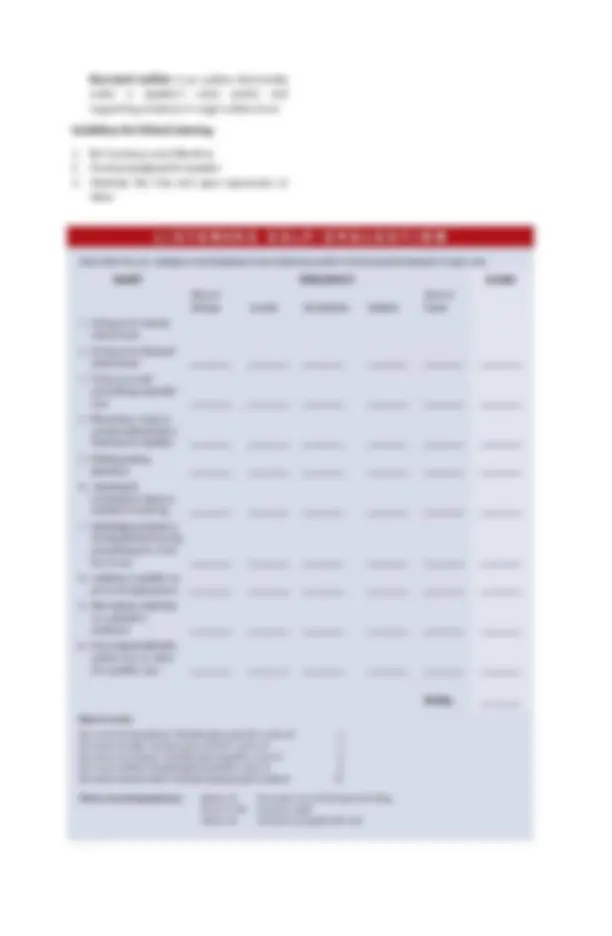



Study with the several resources on Docsity

Earn points by helping other students or get them with a premium plan


Prepare for your exams
Study with the several resources on Docsity

Earn points to download
Earn points by helping other students or get them with a premium plan
Community
Ask the community for help and clear up your study doubts
Discover the best universities in your country according to Docsity users
Free resources
Download our free guides on studying techniques, anxiety management strategies, and thesis advice from Docsity tutors
An overview of plagiarism and various types of listening, including attentive, marginal, selective, critical, evaluative, empathic, and appreciative listening. It discusses the causes of poor listening and offers strategies to become a better listener, such as taking listening seriously, being an active listener, resisting distractions, suspending judgment, and developing note-taking skills. The document also outlines guidelines for ethical listening, including being courteous and attentive, avoiding prejudging the speaker, and maintaining the free and open expression of ideas. This comprehensive guide on plagiarism and effective listening techniques could be valuable for students in public speaking, communication, and related courses, as it covers essential skills for academic and professional success.
Typology: Summaries
1 / 2

This page cannot be seen from the preview
Don't miss anything!


Plagiarism comes from plagiarius, the Latin word for kidnapper. It means to present another person’s language or ideas as your own
Key-word outline is an outline that briefly notes a speaker’s main points and supporting evidence in rough outline form. Guidelines for Ethical Listening